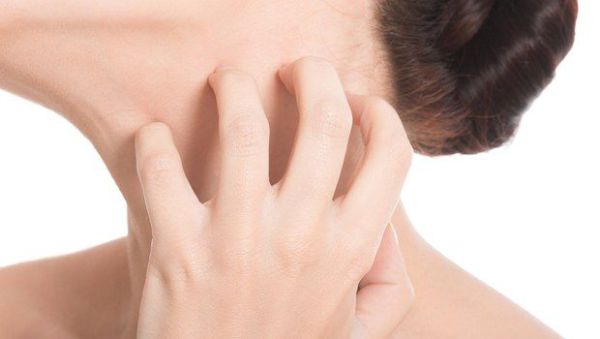Eczema is an umbrella term to describe numerous skin conditions that can be dry, itchy, flaky, red, inflamed, oozing, weeping and can sometimes even crack and bleed. Living with that incessant itch that can be so relentless, even a grown man succumbs to the demand to scratch it, can prove difficult. Below are some helpful tips to help alleviate symptoms associated with dermatitis.
Epsom Salt or Dead Sea Salt Soaks
Dead sea salt has long been accredited as having therapeutic properties. It comes from the Dead Sea in Israel and if you ever get the chance to enjoy it with or without eczema, I encourage you to do so. Check labels to make sure it is authentic. Epsom salt is a comparable alternative and is cost effective. Draw a lukewarm tub and add 2 cups of salt to your bath and soak for around 15 minutes, to fully experience the benefits of the salt for your skin.
Baking Soda Soak
An alternative to a salt soak is the baking soda soak. Add a 1/3 cup baking soda to a lukewarm bath and soak in it for about 15 minutes. Baking soda should alleviate the itching. In fact, a combination of baking soda and Epsom salt in your tub, is a perfect concoction of relief. For best results add 1/2 cup Epsom salt to the 1/3 cup baking soda and make sure it is dissolved before submerging.
Cool Compresses
One of the most cost effective options for taming that itch, is the use of a cold compress. If you do not have a compress you can use a bag of frozen vegetables or ice and wrap it in a washcloth or hand towel before applying it to the skin’s surface that is bothersome. Never go to sleep on an ice pack and always make sure there is a protective covering between your skin and the cold compress, or you could induce freezer burn.
Essential Nutrients/Supplements
There are several vitamins and supplements that have been identified in helping prevent eczema flare ups. Omega-3 acids that are found in fatty fishes have anti-inflammatory properties that may reduce the inflammation associated with eczema. In addition, vitamins A, B, C, D and E are the antioxidant vitamins needed to help keep your skin healthy and free of eczema flares and other skin irritations.
Hydrate Your Skin
Excessive exposure to the sun can dry out your skin. An environment of extreme hot or cold weather can also cause your skin to dehydrate. Dry, dehydrated skin will likely itch and become burdensome. To guard against dehydrated skin, drink plenty of water. In addition, utilize a humidifier in your home and office to ensure that there is plenty of moisture in the air around you.
Moisturize Your Skin
Keeping your skin adequately moisturized with the right lotions, creams and ointments is crucial to stop the itching, relieve your symptoms and prevent future flare ups. Skin barrier optimization or SBO, is key to prevention. Use products that are 100% hypoallergenic and free of harmful toxins or known allergens including: parabens, gluten/oats, formaldehyde, alcohol, sulfates and pantothenic acid.
The best skin care products will contain the healing powers of ceramides and work on essential skin lipid replacement necessary for your skin to heal and repair itself.
Dr. Cheryl Lee Eberting blogs regularly about skin problems, treatment and after care at CherylLeeMD.com.
